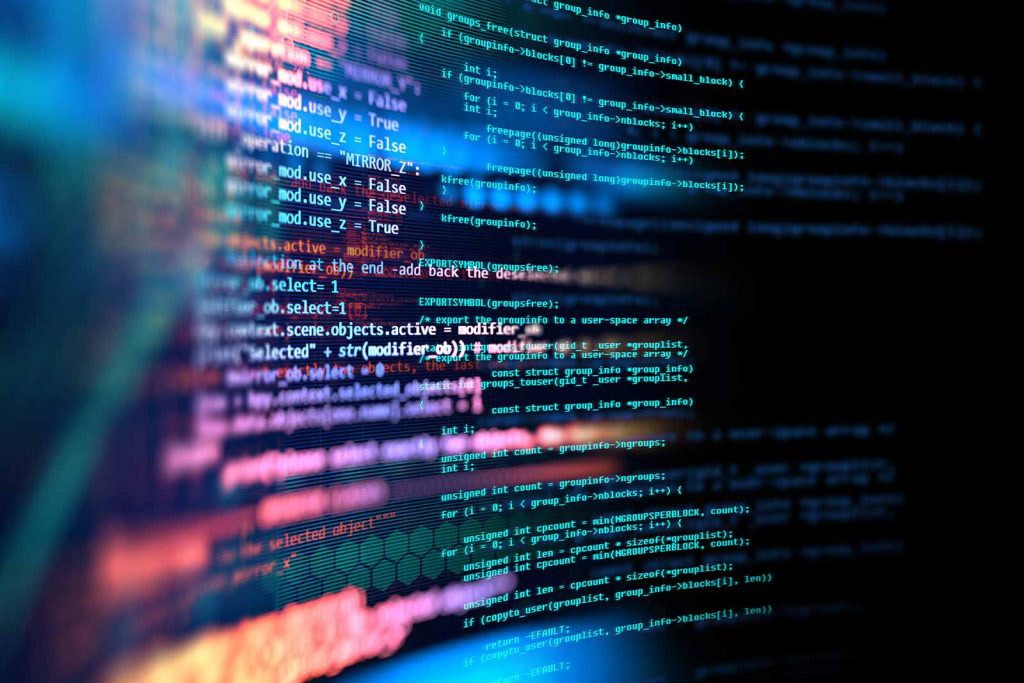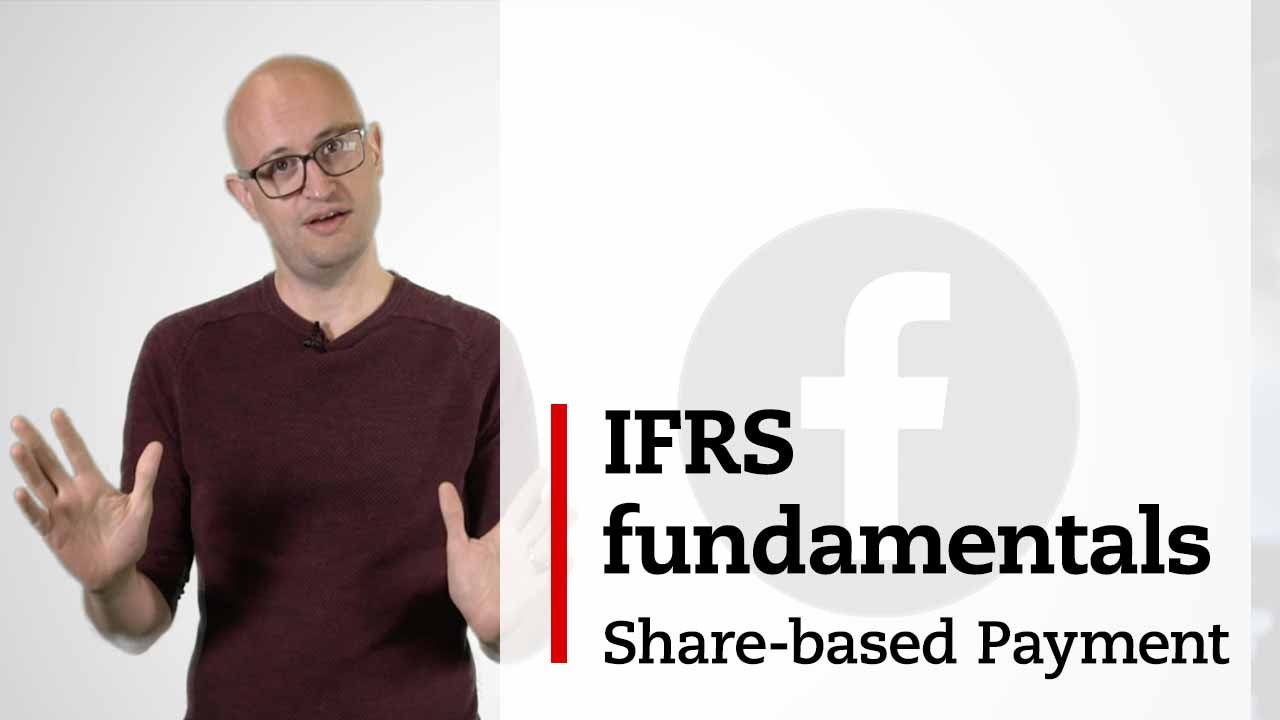
There's probably never been a better time to pursue an MBA. In fact, the best time to pursue further education in general is during times of uncertainty while waiting for the economy to recover.
'As companies increasingly digitalise their business and require cross-functional leaders to react fast to unforeseen situations, whether as an in-house practitioner or a client-servicing professional, you should consider further education now,' says Tai-Yuan Chen, a professor at Hong Kong University of Science and Technology (HKUST). Chen also serves as the associate dean and director of MBA programmes at HKUST’s business school.
'Professional accountants can facilitate advancement into more senior leadership roles via the development of complementary leadership and management skills'
An MBA could also act as a stepping-stone for those considering a leadership role.
'Professional accountants can facilitate advancement into more senior leadership roles, both internally and externally, via the development of complementary leadership and management skills,' says Wan Wongsunwai, associate professor at the Chinese University of Hong Kong (CUHK).
Wongsunwai, who is also the associate director of the CUHK business school’s MBA programme, adds that a degree could also help candidates pick up other technical skills that could help them move into lateral industries, from auditing to management consultancy or investment banking, for example.
Chen is of the same mind. 'In the long run, the interdisciplinary training of an MBA opens up high flexibility on career paths for specialists to transition to generalists, which requires not only specialised knowledge of accounting, but also practical management skills, or for one who aims to explore opportunities beyond geographic limitations,' he says.
MBAs could also help accountants to optimise their daily work by offering real-time reporting, for example.
'As Covid-19 changes lifestyles and the way business is conducted globally, the time to start an MBA is now'
The future
Looking ahead, having a broader understanding of business that comes from an MBA degree will come in handy as automation and artificial intelligence continue to transform the industry.
'I foresee that the accountant role will move away from a technical to a holistic, business advice role in five to 10 years, requiring more soft skills and critical thinking,' says Joerg Riebel, a consultant at YT Advisory.
Tai-Yuan Chen, a professor at Hong Kong University of Science and Technology (HKUST), agrees. 'Digitalised accountancy has started to lead the way, with a digital divide between traditional accounting and digitalised accounting starting to emerge.
International accounting firms, such as the Big Four, are already offering digital solutions for accounting services, thus increasing demand for accounting talents with knowledge of digital solutions. An MBA with a digital component helps candidate to fill this gap on their CVs,' he says.
'It also equips them with holistic business insights on advising companies about how to leverage accounting automation to avoid frauds and bring in new business opportunities,' says Chen.
Work experience
Joerg Riebel, a consultant at YT Advisory recently received his last grade for his MBA degree at the University of Hong Kong’s business school and is looking forward to graduating.
He originally entered the tax profession with a law degree and minimal business exposure.
'Many of my partners at KPMG, where I spent some time, started working straight after getting their bachelor’s degrees,' he says. 'The more time I've spent in this profession, the more I've felt clients had business problems that manifested into legal and taxation issues instead of it being the other way around. I think an MBA degree helps in developing a better understanding of the business issues and giving better, holistic advice to clients.'
Once the decision is made to pursue an MBA, the next decision to make is when to start. Although starting sooner could make it easier to get into the learning mode, there is still something to be said for real-world experience.
'It really depends on when you will benefit the most, but I suggest that having seven to 10 years of work experience is ideal. Maybe the halfway point, or 4.5 years of experience, would be the best of both worlds,' suggests Riebel.
Another timing consideration is whether to juggle studying with a job or to become a full-time student. Full-time study requires you to think more strategically about career progression, as there is no guarantee that the job left behind to start an MBA will be waiting once it is completed.
'Since I run my own consultancy, I was able to reduce my hours to dedicate more time to my studies. However, if you work for a Big Four accounting firm or consultancy, a major consideration is whether your company will allow you to reduce your hours. You also have to consider where you are in your career, such as whether you are up for a salary increase or a promotion,' says Riebel.
Busy schedules
However, universities are making accommodations for busy schedules and the evolving times that have seen digital learning take a prominent role. HKUST’s Digital MBA for Global Leaders programme allows for a flexible learning schedule, with students required to attend a minimum of one real interactive class per week, with classes also conducted through pre-recorded short videos that can be accessed remotely.
The university recently shortened the duration of physical part-time MBAs from 24 months to 18 months. Student can also fulfil some credits via career training, instead of courses requiring assessments like exams. Not only does this lessen the study workload for working professionals, but it also allows them to take practical career training courses.
With programmes adapting to busy lifestyles and the uncertain environment we are all in, there's no time to lose. 'As Covid-19 changes lifestyles and the way business is conducted globally, the time to start an MBA is now,' says Chen.




